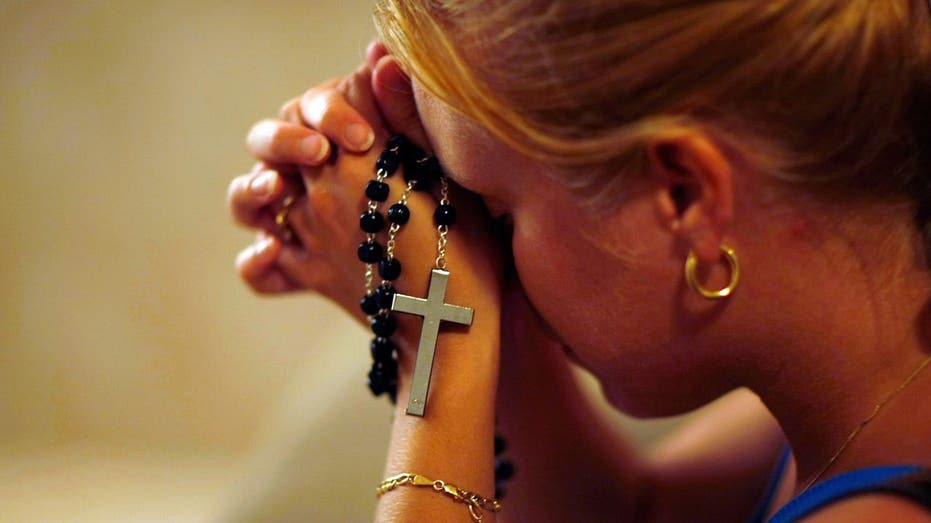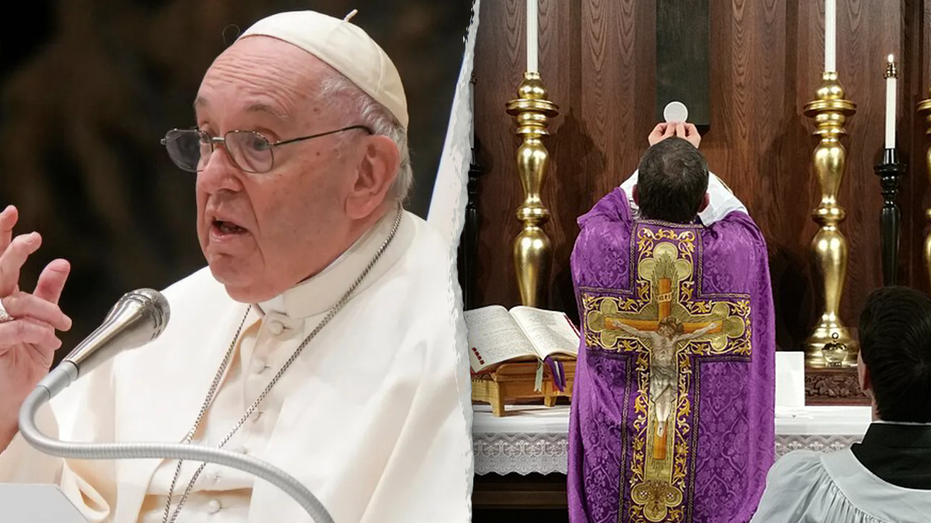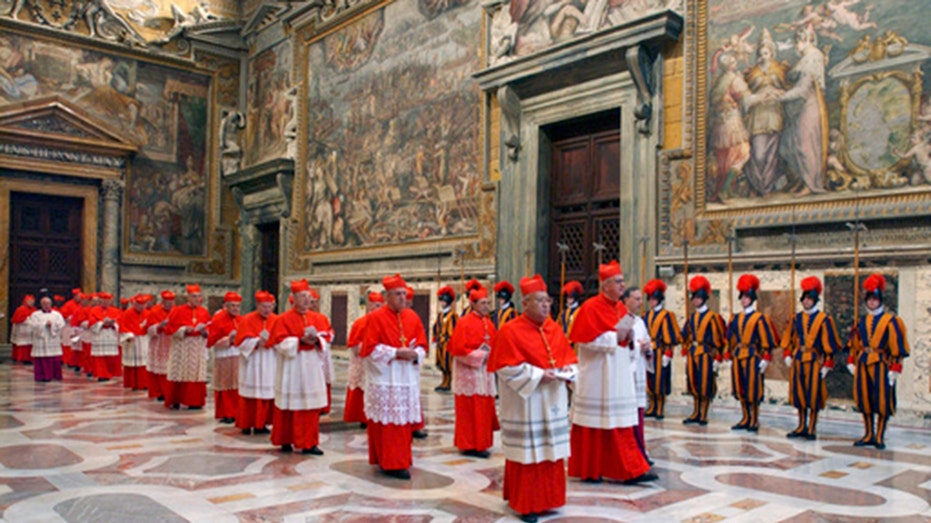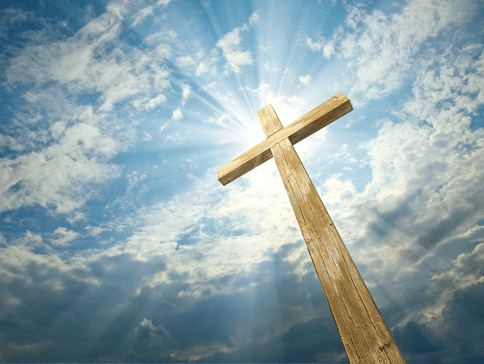New Poll Finds Decline of Christianity Has 'Leveled Off' in America

Sarah Johnson
March 2, 2025
Brief
Christianity’s decline in the U.S. has stabilized at around 62%, according to Pew Research. Religious affiliation trends show generational and political divides but recent steadiness.
The steady decline of Christianity in America seems to have hit the brakes, according to the latest findings from Pew Research. While the number of self-identified Christians in the U.S. has dropped significantly since 2007, the trend appears to have stabilized in recent years, with the Christian population hovering around 62%.
The 2023-24 Religious Landscape Study, conducted by Pew Research, surveyed 36,908 U.S. adults and revealed that the Christian share of the adult population has been relatively stable over the past five years, fluctuating between 60% and 64%. The current figure of 62% is right in the middle of that range, marking a pause in the downward slide.
Back in 2007, 78% of U.S. adults identified as Christians. That number dropped to 71% by 2014 before sliding further to the current 62%. While that’s a 16-point drop over 17 years, the recent stability offers a glimmer of continuity in a rapidly shifting religious landscape.
Other statistics support this newfound steadiness. For instance, 33% of Americans say they attend religious services at least once a month, and the share of daily prayer practitioners has remained consistent at around 44% to 46% since 2021. It’s not exactly a revival, but it’s not freefall either.
Pew’s report attributes much of the long-term decline to "generational replacement." Older, more devout generations are passing on, while younger generations—less religious and more inclined toward identifying as "nones"—are taking their place. Between 2007 and 2023-24, each successive birth cohort has become less religious as they age. Yet, among the youngest adults surveyed (those born between 2000 and 2006), some measures of Christian identification and religious importance mirror their slightly older peers born in the 1990s.
Political affiliation also plays a role in these trends. Among self-described liberals, the share of Christians has plummeted from 62% in 2007 to just 37% today, while those identifying as religious "nones" have surged from 27% to 51% over the same period. Conservatives, on the other hand, have seen smaller shifts, with a majority still identifying as Christian despite a slight uptick in "nones."
In summary, while the religious makeup of America continues to evolve, the once-steep decline of Christianity seems to have hit a plateau for now. Whether this marks a true turning point or just a temporary pause remains to be seen. Either way, the intersection of religion, culture, and generational change continues to shape the spiritual identity of the nation.
Topics
Editor's Comments
It’s fascinating how demographics and politics intertwine with religion here. The generational shift is unsurprising, but that leveling off? It’s like Christianity hit the brakes just before running out of road. And can we talk about those liberal stats? A 25-point drop in Christians is seismic. It’s like a cultural shift wrapped in a stats report.
Like this article? Share it with your friends!
If you find this article interesting, feel free to share it with your friends!
Thank you for your support! Sharing is the greatest encouragement for us.



